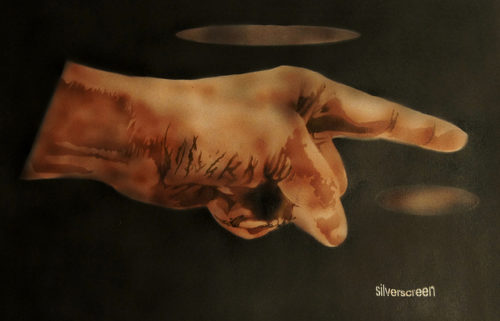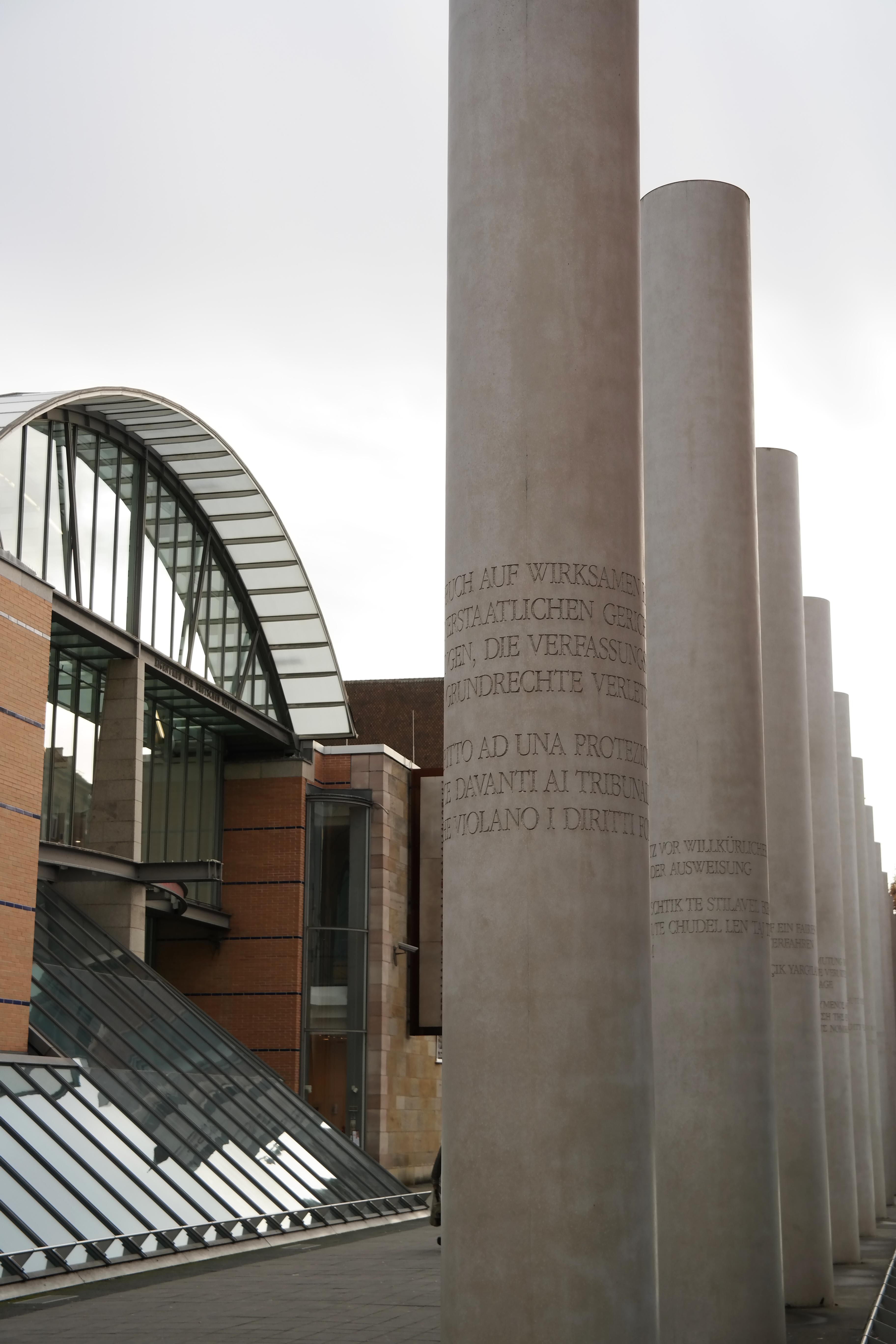
I’m sure we have all seen the recent news from Philadelphia grand jury revealing the abominations by Catholic priests that have spanned decades. I know that many of my Catholic colleagues feel intimately betrayed and are currently struggling to understand the scope of disloyalty and harm unleashed on their church by duplicitous and predatory leaders.
To its credit, the Vatican accepted the “shame and sorrow” at the findings and responded with powerful language describing the abusers as “criminal and morally reprehensible” Followed by Pope Francis’ statement condemning priestly sexual atrocities and asserting that “no effort must be spared to create a culture able to prevent such situations from happening, but also to prevent the possibility of their being covered up and perpetuated.”
The Pope offers a very real hope for change for his flock and hints at a long and drawn-out battle with clericalism.
Unfortunately, sexual predation is far too common among powerful clergy of any faith. I don’t need to recount the cases in the Pagan and Polytheist communities. I refuse to dwell on the repellent details; they are easy to locate in The Wild Hunt coverage archives.
Everything should stay focused on healing and justice for the survivors.
But there is one disturbing thread through all of this: the requirement of obedience, the core of clericalism. Obedience to the mundane, be that a person or an institution, is a critical element for atrocities whether they happen in churches or covens. And it is a disturbingly common requirement for religious initiation and membership.

[per Correll/Flickr].
In 1961, Dr. Stanley Milgram conducted some infamous experiments to explore how individuals resolve the conflict between obedience to authority and personal conscience. Milgram wanted to better understand the defense of obedience used in the Nuremberg War Criminal Trials by Nazi collaborators after World War II. Milgram recruited 40 ordinary participants, all men, between the ages of 20 and 50 and asked them to perform a memory test on an unseen subject (the learner) in another room.
In truth, there was no learner, but a voice responding to what the participants did. The participants would ask a question and, if the learner answered incorrectly, the learner would receive an electric shock. The machine that provided the electric chock was marked from 15 volts (listed as a slight shock) to 450 (danger – severed shock). The learner- who was never in any danger- answered consistently wrong. The participant was instructed to continue delivering shocks, even as the learner screamed in pain and protest, and ultimately in silence.
By contemporary standards, this experiment would be unethical to conduct. The main issue today with such work would be the subjection of participants to undue psychological stress, and there have been other recent controversies about the experiment.
In some re-analysis of the Milgram tapes, it’s clear that Milgram deviated from the script. He resorted to tactics that look little more like coercion, perhaps even some browbeating. There were also some methodological weaknesses that suggest the participants may have penetrated the deception.
Even still, at no time were the participants physically obligated to engage in their tasks and the findings still stunning: two-thirds of participants continued to 450 volts; and every participant delivered a 300-volt shock to the learner. In other words, every participant delivered shocks that could product life-threatening complication.

Straße der Menschenrechte (The Way of Human Rights), Nuremberg, Germany. [M. Tejeda-Moreno]
- “Please continue.”
- “The experiment requires you to continue.”
- “It is absolutely essential that you continue.”
- “You have no other choice but to continue.”
What Milgram showed is that the restraints of conscience are delicate and effortless to unlock. All you need is an authority figure to accept responsibility for an act another will conduct while offering social pressure or encouragement to see it through. Simple permissions and cheerleading unleash atrocities.
And it is happening now. Not only is it happening in the halls of powerful clerics or the bread circus of politics, but it is also happening in the most innocuous of areas preparing the next generation of survivors.
There is actually an obedience song. Yes, you can get all that and more with a just a click on Google. The song starts like this:
Obedience is the very best way,
Doing exactly what the Lord commands,
This really isn’t just the internet being overwhelming creepy. This is indoctrination, and it goes on weekly as fresh poison is doled out by power hungry clerics regardless of religious tradition. It feeds the clericalism. When the demands of faith are predicated on proactive obedience, we create a cocktail of such toxic nature that we must take collective pause; perhaps even marvel at the degenerate capacitance for destructive energy.
But wait, there’s more.
It’s in the public-school system too. The 19th century Prussian model that underpins much the contemporary education system across the world is still about inculcation and regurgitation. It is a process that slowly strangles creativity by promoting, albeit indirectly, obedience over curiosity.
Through obedience, our educational system breeds docility and punctuality, the basic virtues of the industrialized factory system. As John Taylor Gatto noted “Grades don’t measure anything other than your relevant obedience to a manager.”
It doesn’t take much to discover how organized faiths see obedience as a means to repel Paganism. The rejection of submission is our sedition against powerful institutions that have long sought our collective extinction. But the true heresy of Paganism is not blasphemy, it is the rejection of vows of obedience. The witch, and in fact all our paths, exist as a counter-pole by offering respect as the essence of relationships. Treating others as equals is anathema to hierarchies.
We subvert the need for obedience by stressing respect. So, justice can then be understood not as an outcome of obedience, but rather as an outcome of respect. Education can be understood as exploring with respect instead of understanding through obedience.
Ultimately, respect is the vehicle of equality, a dangerous epidemic that undermines class, status, and position.
Despite it all, we are not immune to the seductive control that obedience offers. We are still products of modernity and its institutions that have trained us well. We can feel what it offers, and it still seduces individuals, groves, covens and communities.
Clericalism is present in our communities- no group, no guild, no society is immune from academia to law enforcement. But, we and our recent ancestors have also worked to rarify its presence. But, at least I think, our reliance if not our commitment to respect, remains a collective strength.
* * *
The views and opinions expressed by our diverse panel of columnists and guest writers represent the many diverging perspectives held within the global Pagan, Heathen and polytheist communities, but do not necessarily reflect the views of The Wild Hunt Inc. or its management.
The Wild Hunt is not responsible for links to external content.
To join a conversation on this post:
Visit our The Wild Hunt subreddit! Point your favorite browser to https://www.reddit.com/r/The_Wild_Hunt_News/, then click “JOIN”. Make sure to click the bell, too, to be notified of new articles posted to our subreddit.